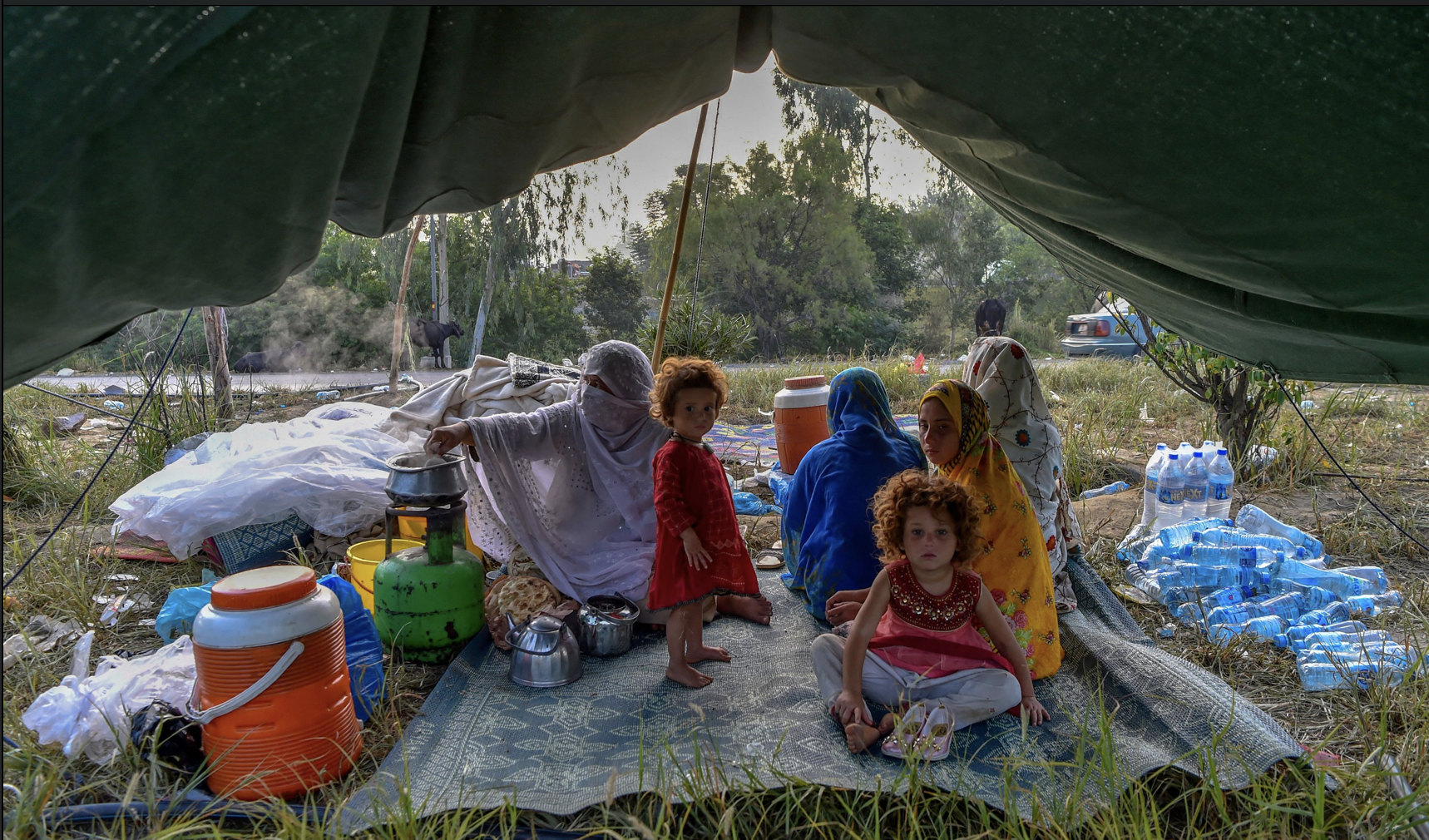How the pandemic has affected Thailand’s sex industry

It’s not a matter of if the pandemic has affected Thailand sex industry but how hard it has affected it. The problem with analyzing sex tourism in Thailand is that there are no official figures. The Ministry of Tourism and Sports does not keep a record of the numbers working in each sector, nor do they have any idea how many women work as bar girls or escorts (or even go-go dancers). This is because prostitution is illegal under Thai law.
Despite prostitution being illegal, there seems to be little effort to crack down on it. It’s common to see sex workers waiting for clients within a few feet of police in Thailand. The police either sympathize with the girls and decide not to enforce the law or they know that even attempting to do so would be an unending task.

The Thai sex industry is worth an estimated $4.5 billion a year, with the majority of this money coming from tourists visiting Thailand for sexual services. The total number of visitors to Thailand in 2015 was recorded at 30 million, which means that 5% (or 1.25 million) were sex workers or their clients.
In some parts of Asia there’s little difference between prostitution and travel agencies: they both offer “tour packages” complete with hotels, meals and entertainment – you can even book your own room. And it’s not uncommon for the agency operators to also provide escorts or masseuses as part of their service offering.
Thailand isn’t unique in this respect; other countries such as Cambodia are renowned for being hotspots for sex tourism, where women are available on every street corner and bars have full-time staff dedicated solely to servicing male customers. In many cases these women will be working illegally but if caught they can expect to be deported.
The closure of these businesses also comes at an interesting time since it coincides with the Thai government’s decision earlier this year to crack down anyone caught working as a prostitute in Thailand. This law could lead many women into prostitution into jail for up six months or more – on top of any fines which may be imposed by local authorities. This new legislation came as part of the government’s ‘War on Prostitution’ campaign which has been in place since last year.
Although the Thai government isn’t keen on its country’s image as being a sex tourist hub, it must acknowledge that for many people it is their sole means of income and that they lack the experience to enter another profession. The collapse of the sex industry, whether through the pandemic or government programs could also trigger a wave of jobseekers saturated the employment markets of other professions.
The majority of these women are from rural areas and have little choice but to work in this trade due to a lack of education or job opportunities; they are often sold into prostitution by their parents at a young age and have no other option than to continue working within the industry once they’re old enough.
The Thai government has had some success with campaigns such as ‘Turn Off The Red Light’ – which aim to educate tourists about how their actions can lead directly towards human trafficking, child exploitation and rape – many still don’t really understand what it takes for these women (and men) to survive each day.


It’s a step in the right direction to educate tourists on the human rights abuses they may be funding through hiring sex workers but in reality it’s only solving half of the problem. The government needs to implement education programs to wean sex workers off of their preferred trade and get them back into the conventional labour market.
And so far, not one government department has stepped up to offer financial support for any kind of rehabilitation project that would allow them out of this life-long cycle. This situation doesn’t just affect those who work on the streets though: the closure of sex tourism businesses has also affected the hundreds of thousands of Thai people that work within the industry, as well as those who rely on it for their livelihoods.
The Kingdom’s sluggish vaccine rollout is also worsening the collapse of its tourism industry. Thai officials say they are waiting to see how effective their new vaccine will be before moving forward with widespread vaccinations, but some experts warn that this strategy may backfire as more people become infected in the meantime.
The Thai government’s decision to wait has been criticized by both local and international health authorities who fear the country’s tourism industry will suffer if it does not quickly implement a vaccination campaign.
In 2020 Thailand was praised for its efforts to control the spread of the virus and, minus the drop in tourism, managed to maintain a somewhat normal standard of life for everyone. Bars and restaurants were open for most of the year, even nightclubs were full. It was easy to forget what was happening all over the world if you were living in Thailand in 2020.
Unfortunately, the tables have turned at the time of writing this article (May 2021). Thailand has been hit by a surge of the so-called Indian variant which has a higher transmission rate than previous Covid strains.
Cases and deaths have spiked and the country is now in its third and worst wave of the pandemic so far. Although there are no curfews like there were this time last year, life in Thailand is far from normal and seems like it won’t return to pre-Covid normalcy until the rollout of the vaccine.
The government’s rollout of the vaccine has been disappointingly slow so far, with only 2.9% of the population receiving one dose and 1.4% fully vaccinated. This rate lags far behind its poorer neighbour, Cambodia, that has given 13.8% of its population one dose and 10% are fully vaccinated.
Granted, Cambodia’s population is only a fraction of Thailand’s, but it goes to show how detrimental the Kingdom’s culture of bureaucracy and fragmented government departments can be when it comes to agile decision-making.
While it’s likely that Thailand’s infamous sex industry will return to its previous heights, or even exceed them, it’s a matter of when and it doesn’t seem like it will be any time soon or even this year, for that matter.
Mass vaccinations are due to roll out on June 7th and they will include everyone in the country. Priority will be given to locals and based on profession, with expats given secondary status.
Their plight, in fact, is regrettable. It is mere poverty that has plunged them into the world’s oldest profession, in most cases, against their wish. It is a pity!







